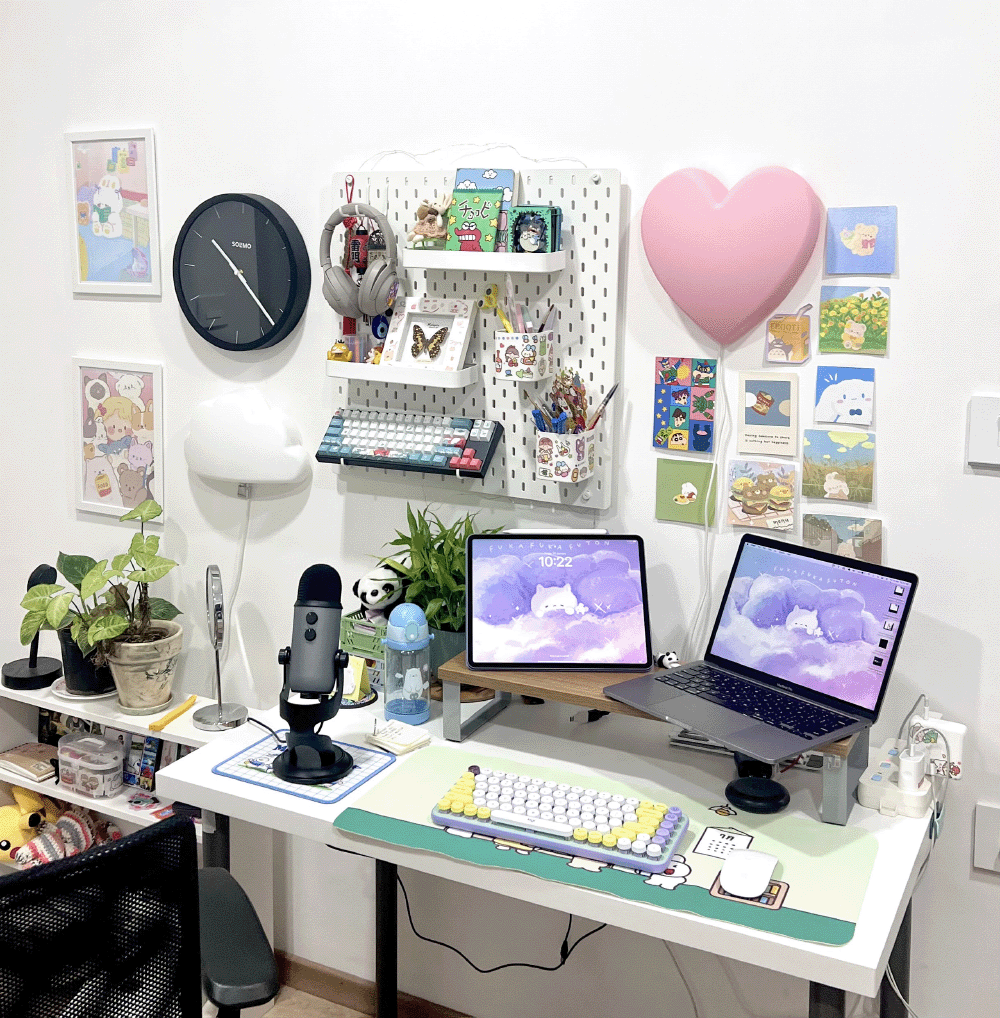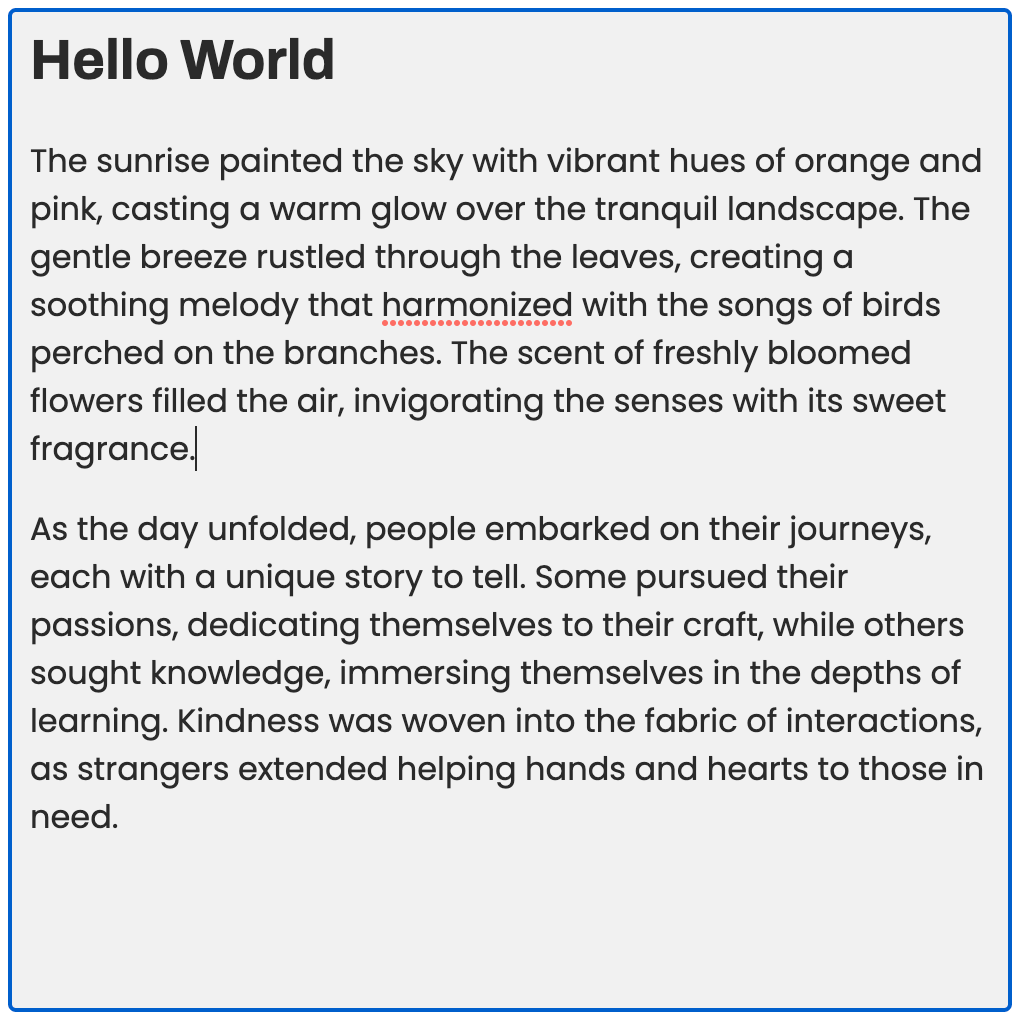I keep getting questions about how to find a remote job as a software engineer and if is it possible to get one as a junior? I’ve worked in three different companies as a remote software engineer and I’m going to share my experience about how I got them. The experience with all three was a bit different but I hope this helps you out if you’re looking for a remote job in tech yourself.
Lockdown 2020
I graduated University in 2020, this means that I joined my first job in the middle of the pandemic where everyone was working remotely! I actually joined this company as an intern in the beginning of 2020, right before the mayhem and was still working from the office. But once everything went under lockdown, I started working remotely and luckily got a placement offer with the same company and continued to work there for about an year.
During this time, it was the rise of the remote work culture and more and more companies were going fully remote. I realised that I was being paid less for essentially doing the same work the team in the US or Europe was doing. That’s when I decided to switch jobs and look for a company that’s fully remote.
The Job Search
I have compiled a list of all the websites I used (and more!) during my job search and compiled a list of 23 websites to find remote jobs for software engineers.
One website that I haven't mentioned because it's not technically a job board is Twitter. A lot of people hire from Twitter via tweets and DMs!
Struggles
Culture Fit: In my experience, I found that a lot of the companies had a strong focus on culture fit because team members may not have the benefit of in-person interactions to build rapport and establish a shared sense of identity. Also, everyone comes from different parts of the world and have different backgrounds, so culture fit becomes important in remote jobs because it helps to ensure effective collaboration, clear communication, high productivity, and strong retention of top talent.
In one of the applications, I was asked to submit video answers to technical questions. Though I believe, talking to a camera by myself is way too awkward than actually having a conversation with a person on the other end, it does not really reflect how good of a culture fit someone would be.
Time difference: Probably the biggest struggle was getting past the time zone requirements. A lot of the companies I was applying for wanted the candidates to be in or around their timezones. So I was targeting European companies because I still had a good couple hours of overlap with the teams.
Experience: While it's possible to find remote software engineering jobs for junior developers, the competition for these roles is often high, and candidates with more experience are often preferred. Therefore, most companies are looking for candidates who have experience working independently, managing their time effectively, and communicating effectively in virtual environments.
I luckily got an offer from a tech education startup based in the UK which I found on AngelList (now known as Wellfound). I had a significant time overlap with the team that was mostly based in Europe and was willing to work in the evening hours and sometimes at night.
Even though they were looking for someone more experienced, my unique blend of skills helped me get hired there. I had a computer science degree which meant that I had experience with computer science concepts, I had experience with a couple different technologies and was able to pick up new things quickly.
My blogs and Instagram account were also of huge help since they needed someone who had experience working in education as well.
Though I wasn’t a formal educator, neither was I a mid or senior level engineer, I still took a shot and it surprisingly went well!
Sometimes you will only know the answer to something after you’ve tried it yourself!
Present Chapter: Working With A US Based Startup
Even though I enjoyed everything about my second job, my ultimate goal was to work with a US based startup because nothing compares to the startup culture of the US (and the competitive salaries)!
This time, I didn’t apply to the job via a job posting but got a referral from a University friend who started working with them through a Twitter interaction!
Twitter allows users to communicate directly with companies and recruiters, which can be a valuable way to learn more about job opportunities, ask questions, and build relationships with potential employers.
Key Takeaways
- Experience is necessary but it doesn’t have to be conventional forms of experience. You could have built complex projects, contributed to open source, worked on freelance projects or even had a startup of your own, as long as you’re able to work independently and remotely without constant monitoring, you’ll be able to thrive in a remote work setting.
- Communication is king. You need to be able to clearly and effectively communicate your thoughts and ideas with your teammates to be able to succeed in remote work.
- You must be self-motivated and are able to manage your time effectively and set priorities to meet deadlines. Remote work requires discipline and self-motivation to remain focused on tasks and avoid distractions.
- Technology is constantly evolving, and as a software engineer, you must be willing to learn and adapt to new technologies to remain relevant in your field.




